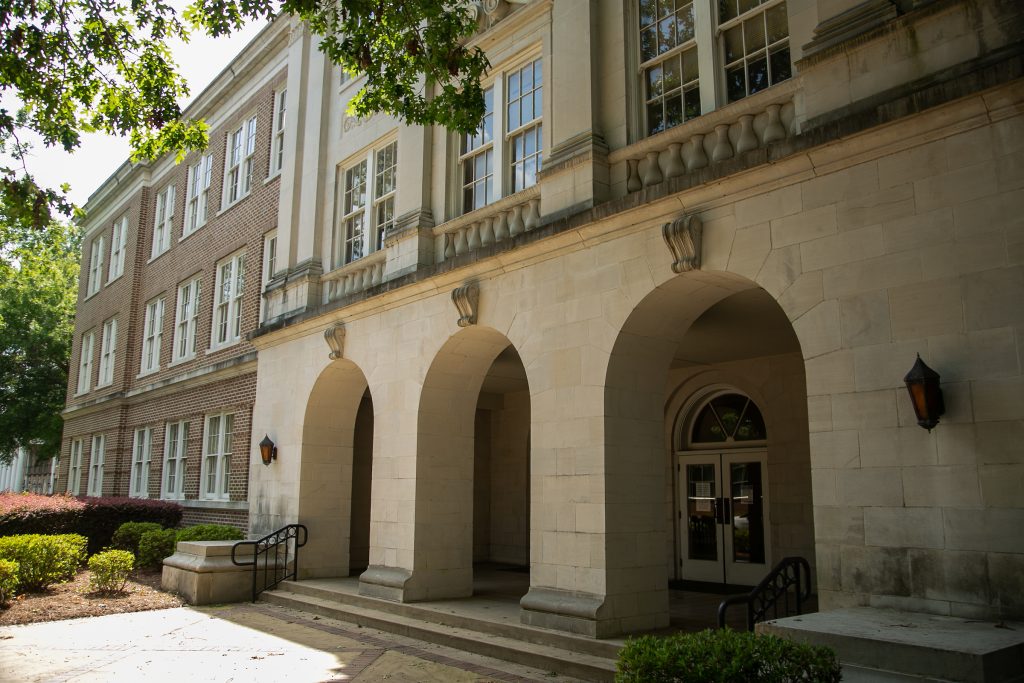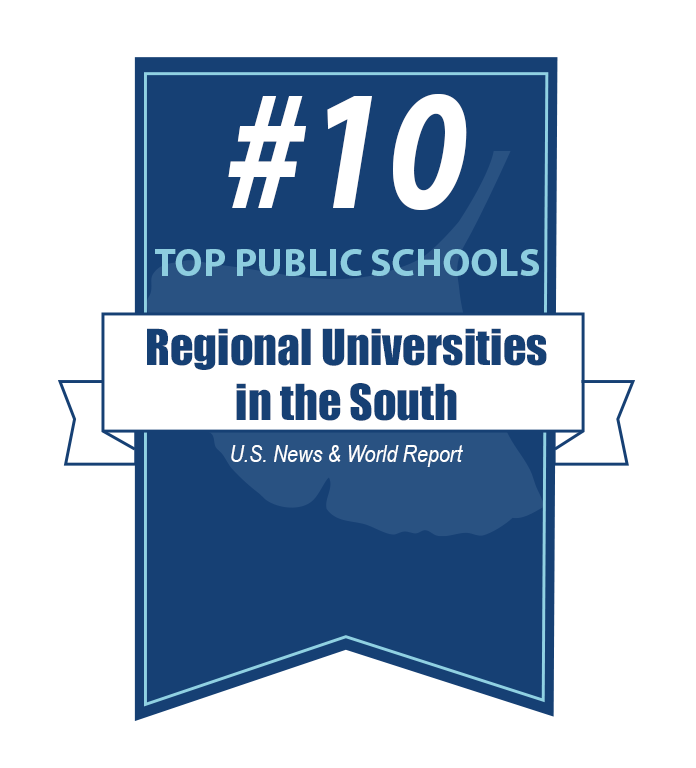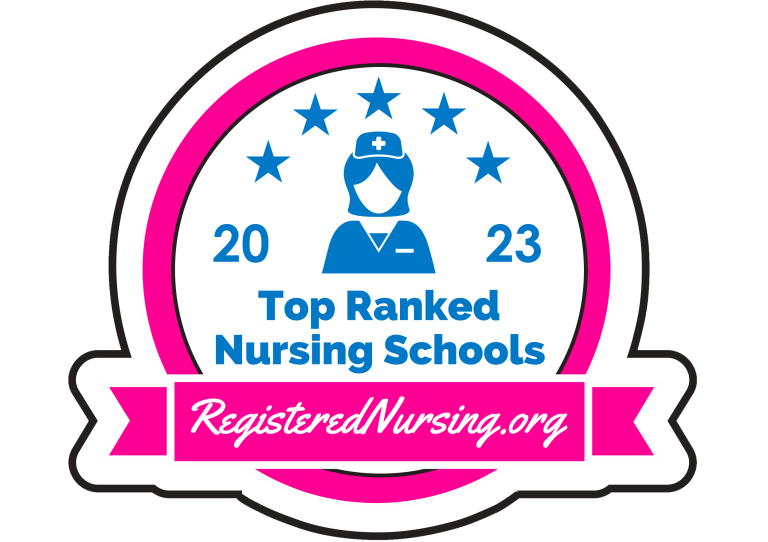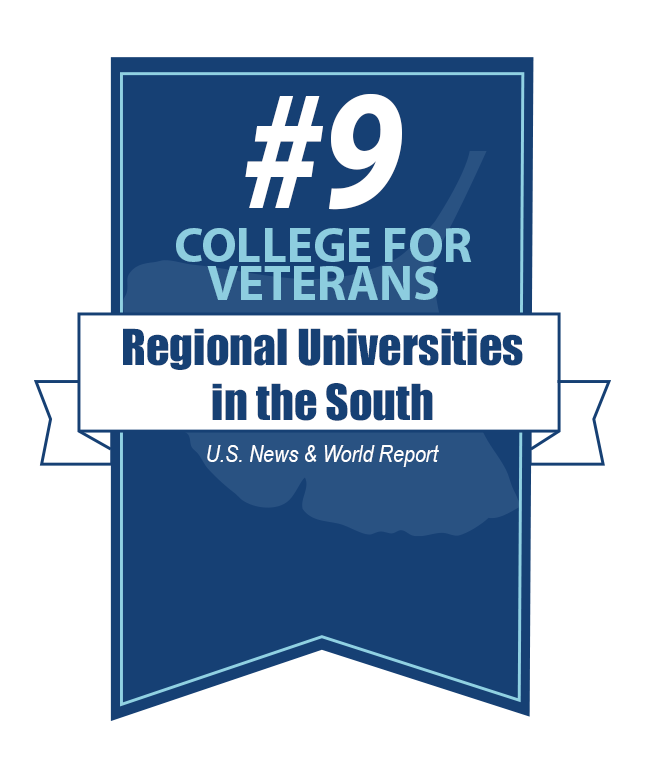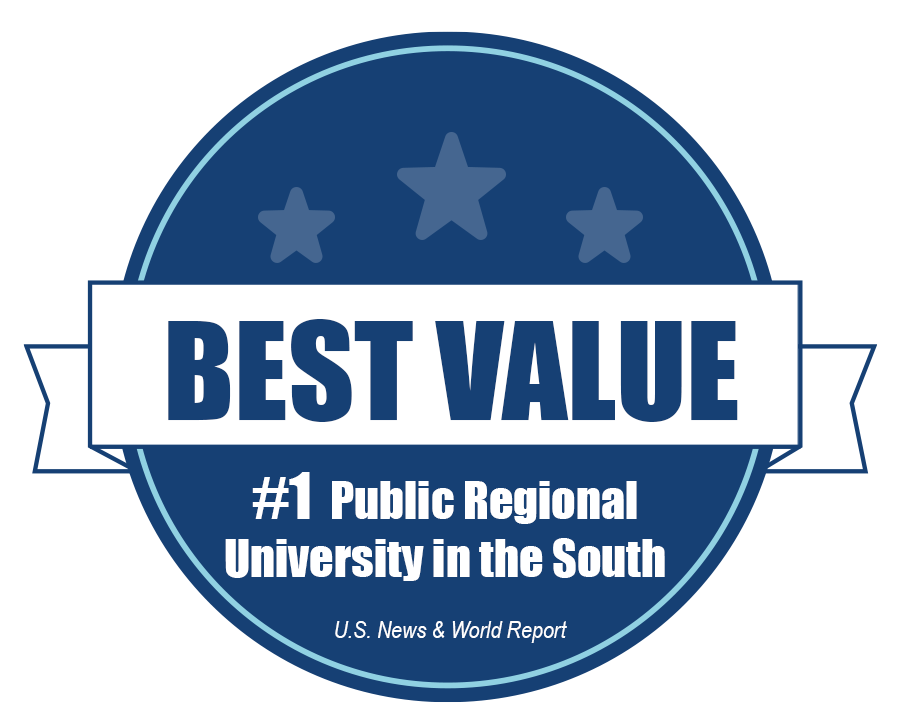Post-Graduate APRN Certificate Program
The W's Department of Graduate Nursing was established in 1974, and has maintained full nursing accreditation status since its initial accreditation.
The Post Graduate APRN Certificate program utilizes courses provided in the MSN Family Nurse Practitioner program. These are congruent with the course objectives for the core courses of the FNP curriculum including the Advanced Health Assessment, Advanced Pharmacology, and Advanced Pathophysiology (required as a pre-requisite for all programs). Twenty three credit hours are required for the post graduate students who are already nurse practitioners but are not Family Nurse Practitioners, and thirty credit hours for nurses who hold a Master’s degree in Nursing but are not nurse practitioners. These courses are delivered in a logical sequence that builds on content from the BSN and from prerequisite course work.
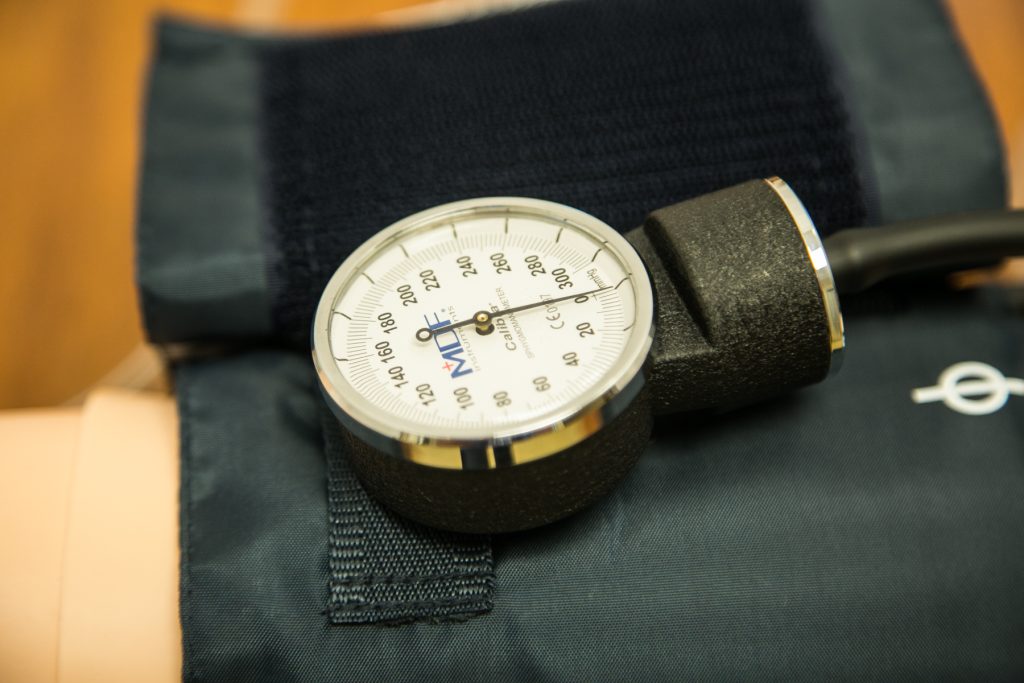
No more than six semester hours of approved course work may be transferred for credit.
Classes usually meet on Mondays (according to the academic calendar).
For the post-master options, required coursework is dependent upon graduate transcripted coursework and remaining deficiencies identified during the interview.
Clinical experiences are arranged in the learner's geographic area by graduate faculty and total 660 hours.
The ratio of clinical credit hours to practice time is set at 1:4.5 for the practice courses ratio in the graduate nursing curriculum.
Post-Graduate APRN Certificate Philosophy
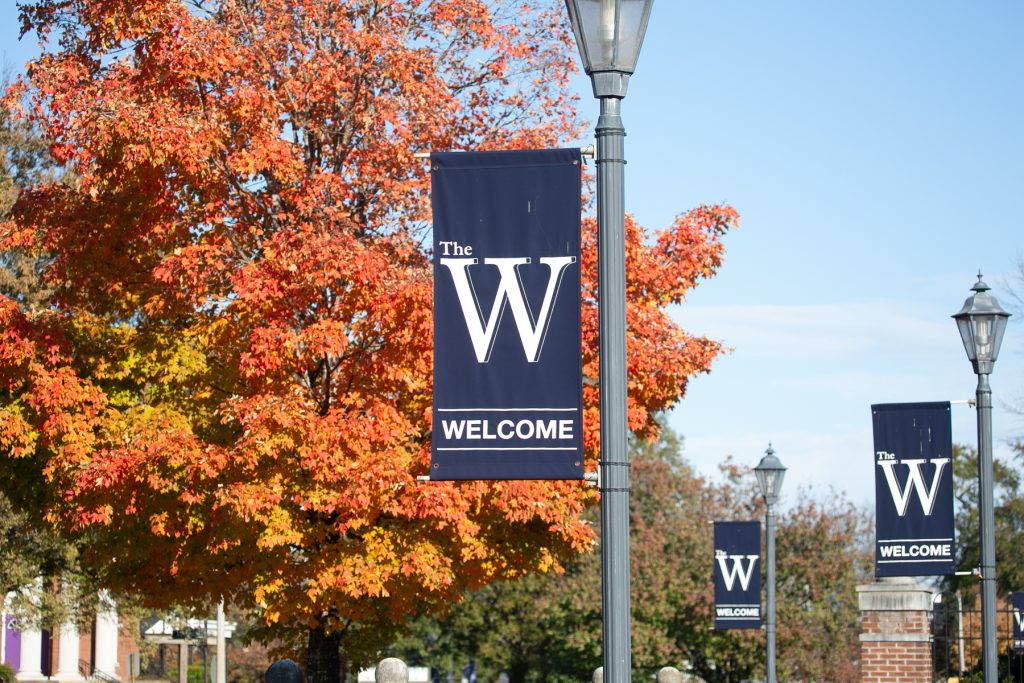
Post-Graduate RN-FNP and APRN-FNP: The faculty believes that nursing professionals who already hold a Master’s degree in nursing within a defined area of advanced nursing practice should be afforded the opportunity to enhance that preparation by incorporating the specialized role of the nurse practitioner into their existing skill sets. The Post Graduate APRN Certificate program is designed to prepare those nurses, already grounded in research and theory and proficient in their specialties, to become clinically competent nurse practitioners. This is accomplished by educating these students clinically alongside traditional Master’s students so they may gain equitable knowledge and skills as primary care nurse practitioners rooted in the latest evidence base for advanced practice.
Post-Graduate APRN Program Goals/Outcomes
- Prepare advance practice nurses who expand and refine a broad base of knowledge and skills from nursing and the biopsychosocial sciences to influence healthcare;
- Prepare advanced practice nurses who demonstrate mastery of expected national competencies including the abilities to assess, diagnose, and manage a broad scope of acute and chronic health issues in primary care;
- Prepare advanced practice nurses who continue as lifelong learners and who influence safe and quality healthcare through inter-professional team approaches, emerging technology, health policy, and ongoing role development.
